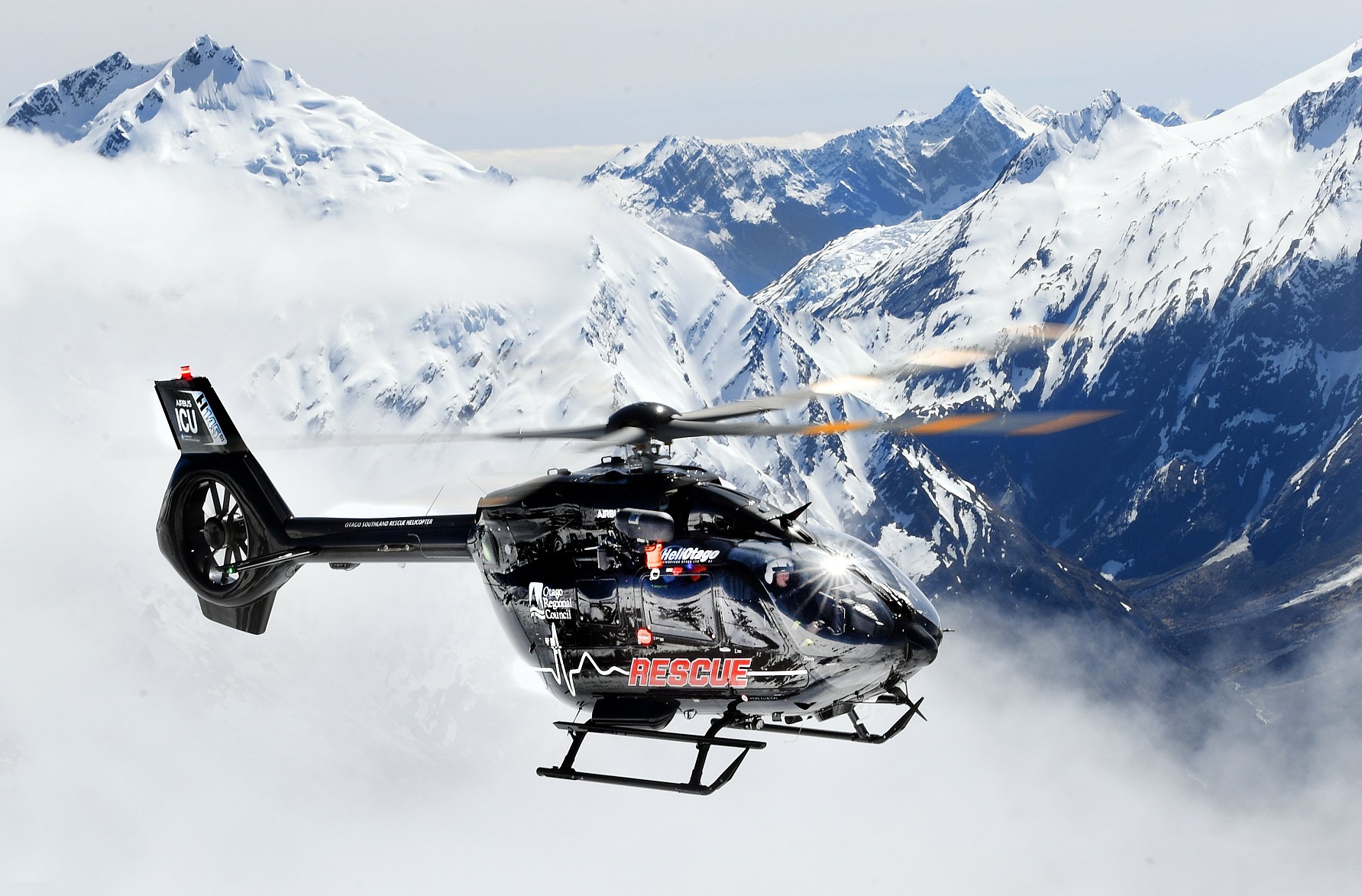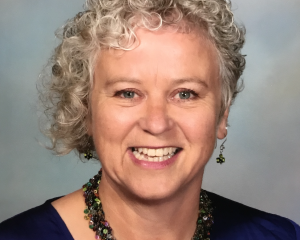
Helicopters Otago chief executive Graeme Gale says he is "over the moon" about the Airbus H145 D3.
It had the very latest advanced avionics and safety enhancements and would provide Helicopters Otago with new capabilities, Mr Gale said.
In particular, rescue crews would be able to perform previously impossible missions, particularly in poor weather conditions.
"To have an aircraft of this capability is unbelievable. This is a world-class helicopter, " Mr Gale said.
It was also the quietest helicopter in its class and he expected locals would notice a "a huge difference".
A five-rotor system and closed-tail rotor would make for a smoother ride for patients and staff.
While there were a few private ones around, it was the only commercial example in the country.
"We feel very privileged to be in a position to purchase one of those for the greater benefit of our region," Mr Gale said.
The helicopter had arrived last month and had undertaken some limited work, but was entering full service today following its launch last night.
Its unique registration, ZK-ICU, was "very fitting for what we do", Mr Gale said.
They got the registration letters from Louisa "Choppy" Patterson, whose 18-year-old son James Patterson-Gardner died in a 2015 crash near Queenstown.
"There’s a bit of sentimental value in that registration," Mr Gale said.
The new helicopter had an emblem on its tail dedicated to Mr Patterson-Gardner’s memory.
Helicopters Otago now had two of the most advanced rescue helicopters in the country, and they were as good as anywhere on the world stage — but a decade ago if someone had told him the company would have had the capabilities they had now, he would have told them they were dreaming, Mr Gale said.
Wherever people lived in the South, from Haast to Stewart Island, it would ensure they were not disadvantaged for living in this part of the country, he said.











